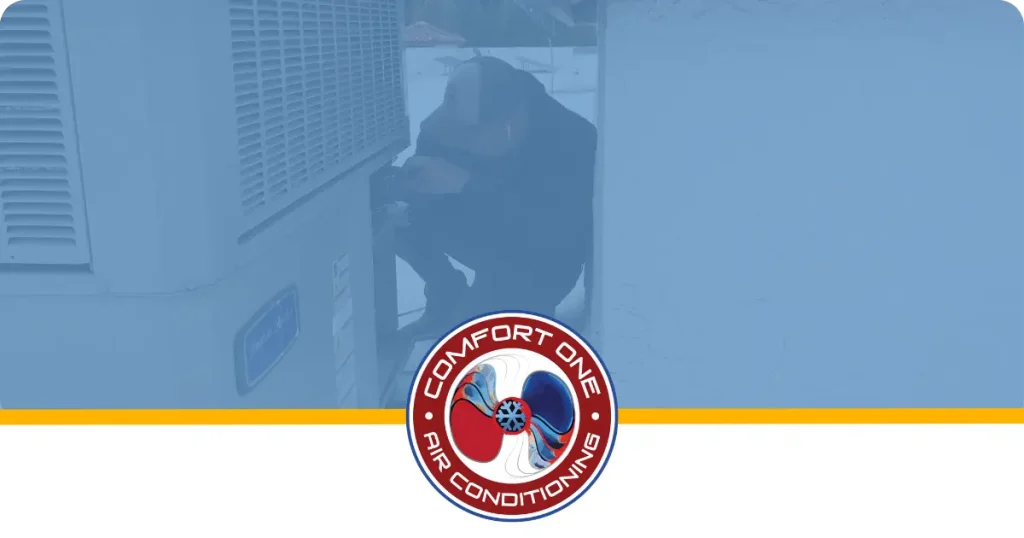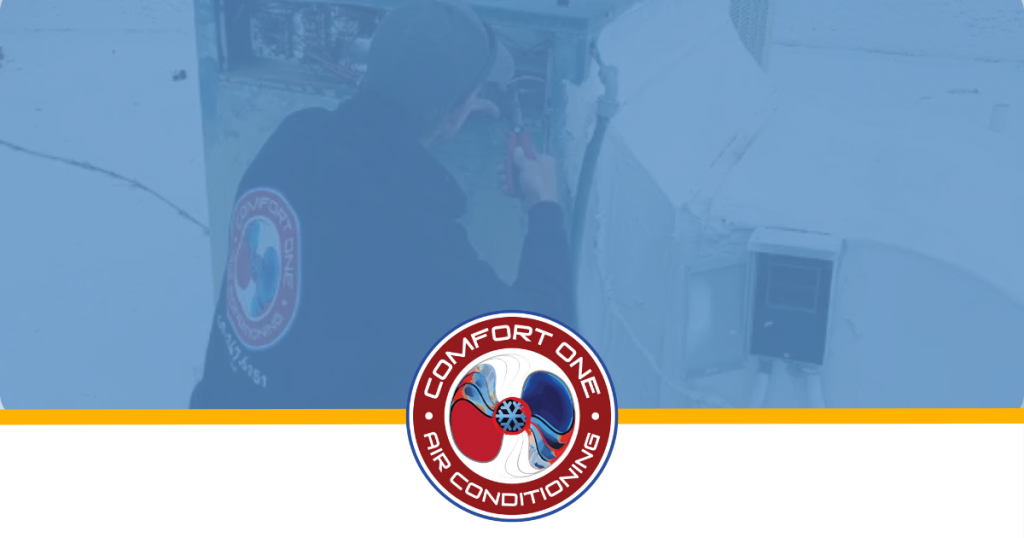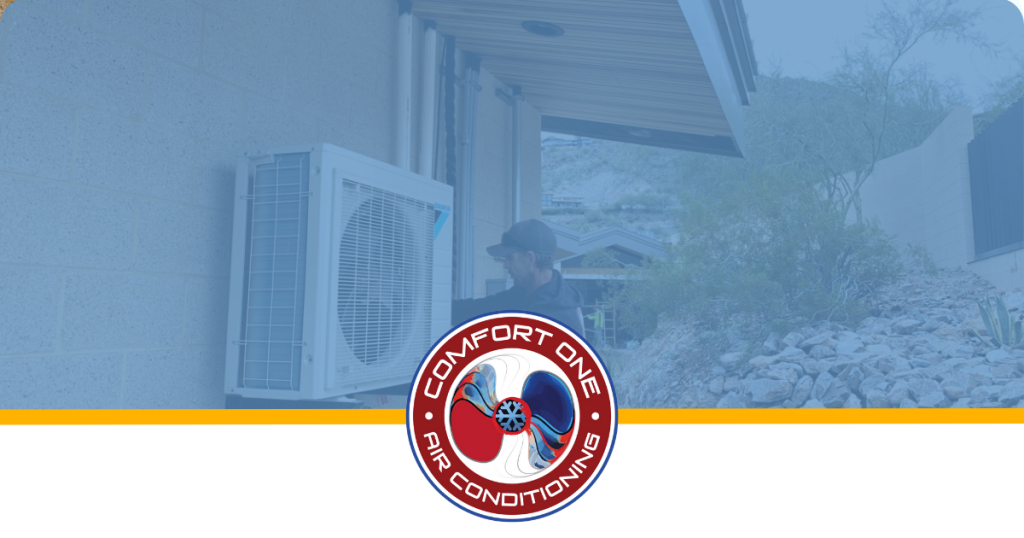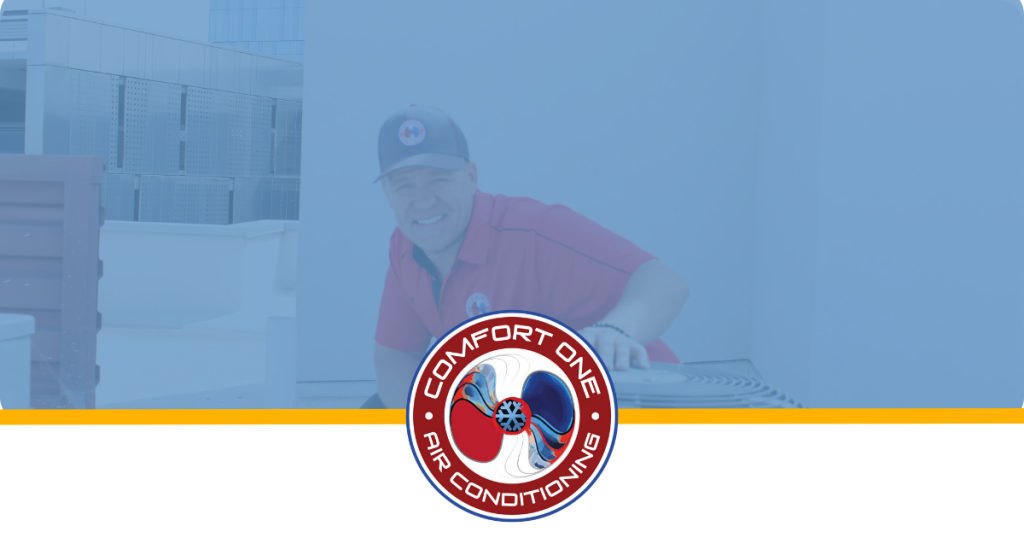Is your air conditioner blowing warm air or making strange noises? These are common AC compressor problems. This article will help you identify signs, understand causes, and find solutions for these issues.
Key Takeaways
- Common signs of AC compressor problems include unusual noises, warm air blowing, and frequent cycling on and off.
- Diagnosing AC compressor issues requires visual inspections, using manifold gauges to check refrigerant levels, and performing electrical diagnostics.
- Regular maintenance, proper refrigerant management, and ensuring adequate airflow are essential preventive measures to avoid AC compressor failure.
Common Signs of AC Compressor Problems
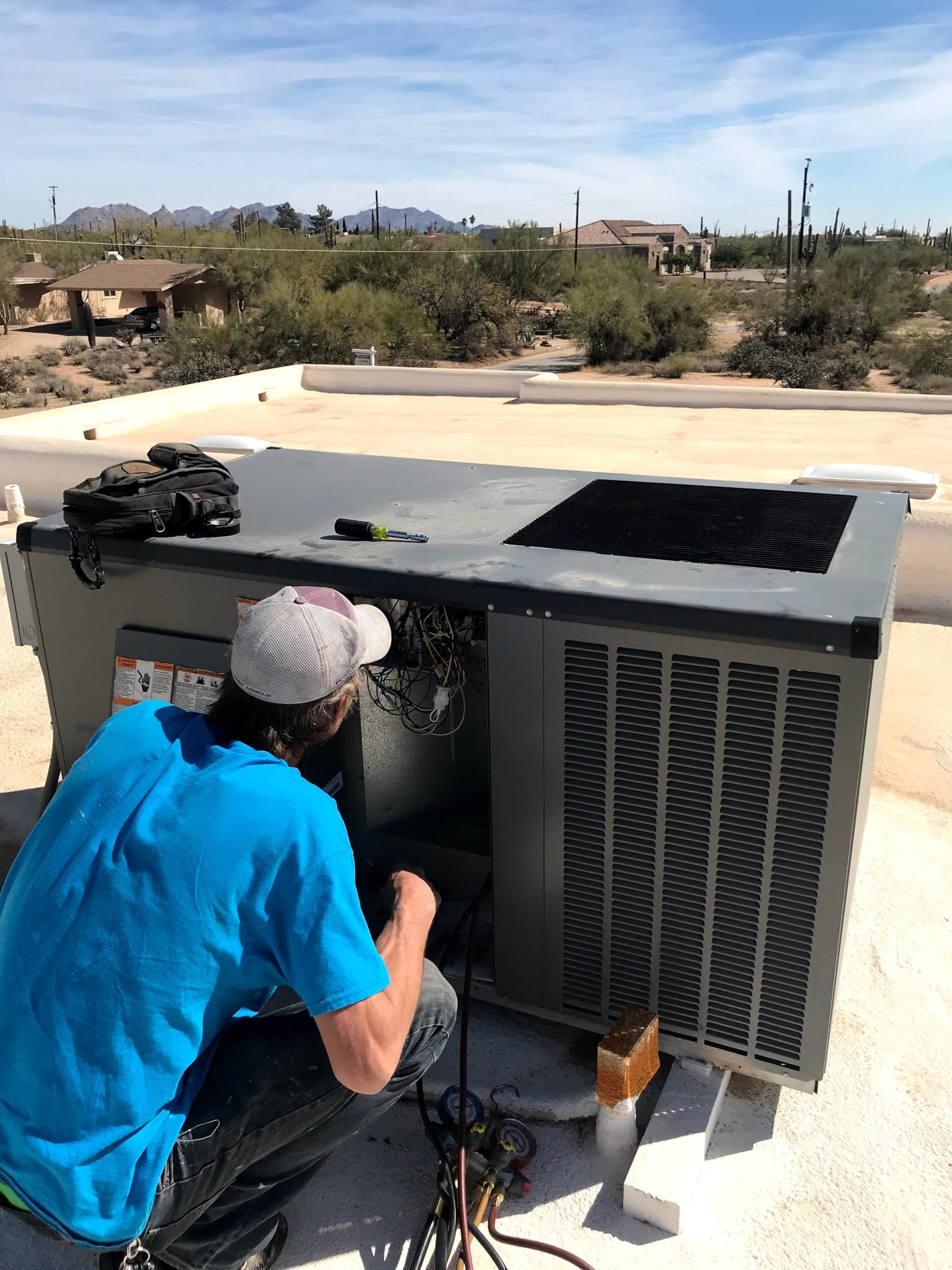
An AC compressor typically gives off warning signs when it starts to malfunction. Identifying these signs early can prevent more significant issues with your air conditioner’s compressor later.
Here are the most common indicators that your AC compressor might be in trouble.
Unusual Noises from the Compressor Unit
Unusual noises from the unit are often one of the first signs of a problem with your AC compressor. One potential source of these noises is the compressor clutch, which engages and disengages to control the compressor’s operation. These sounds can range from:
- Rattling, which often suggests that parts inside the compressor are coming loose, potentially leading to further damage if not addressed promptly
- Banging, which could mean internal damage or loose components
- Hissing, which might indicate a refrigerant leak
Each of these noises indicates a different issue that should be investigated.
Ignoring these noises can lead to more extensive and costly repairs. Prompt attention can prevent a minor issue from becoming a major headache. If your AC unit starts making strange sounds, investigate and consider calling a professional.
Warm Air Blowing Instead of Cold Air
A failing compressor often causes your air conditioning system to blow hot air instead of cold. This usually indicates that the faulty compressor fails to function correctly and cannot circulate the refrigerant needed to cool the air, leading to a broken compressor.
Warm air blowing from your vents is a clear sign of a potential compressor issue.
Frequent Cycling On and Off
Frequent cycling, or short cycling, where the AC unit turns on and off more than usual, is another critical symptom of compressor problems. This can reduce the compressor’s lifespan, typically between 10-15 years.
Short cycling often indicates hard starting symptoms. The compressor struggles to start and stop frequently, leading to inefficiencies that can reduce efficiency and potential damage, including premature failure.
Diagnosing AC Compressor Issues
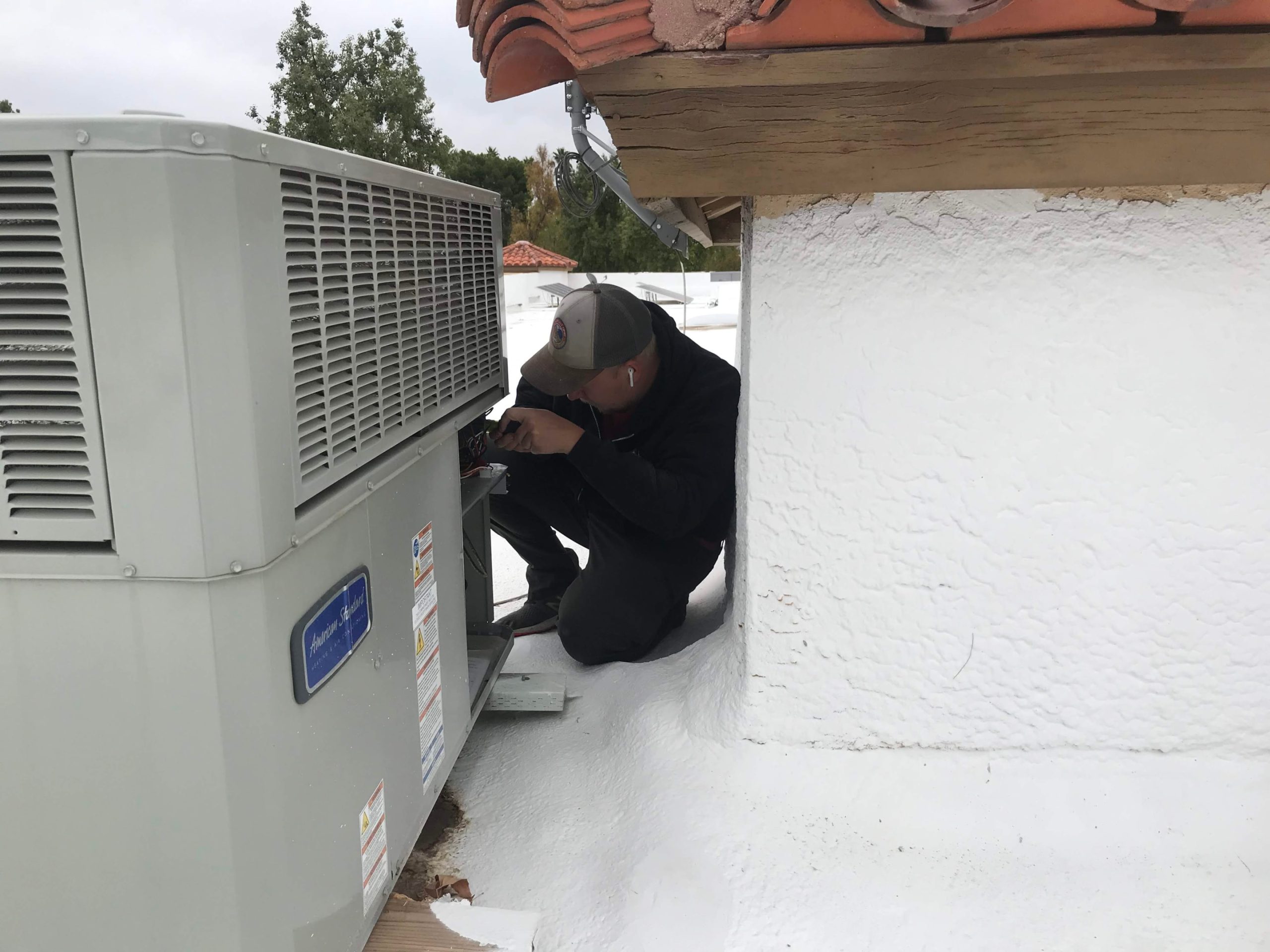
Spotting the signs of AC compressor problems is just the first step. Diagnosing issues like bad capacitors can be crucial in understanding the root cause of compressor problems. Accurate diagnosis is the next critical stage. It can prevent costly repairs and ensure your air conditioning system operates efficiently.
Effective methods to diagnose AC compressor issues include:
Visual Inspection for Obvious Damage
A thorough visual inspection can reveal much about the compressor’s condition. During the inspection, also check the evaporator coils for any signs of wear or leaks. Look for hairline fractures, bending, or loose bolts. Regular inspections help catch issues early, preventing further damage and maintaining AC efficiency.
This simple yet cost effective step can save you from more significant repair costs later.
Using Manifold Gauges to Check Refrigerant Levels
Manifold gauges are essential tools for diagnosing refrigerant leaks and pressure issues in AC systems. A vacuum pump is also essential for removing air and moisture from the system before recharging it with refrigerant. They measure both high and low-pressure sides, aiding in identifying low refrigerant levels, which can affect compressor performance.
Using manifold gauges helps detect issues early and assists in maintaining the AC system for optimal performance.
Electrical Diagnostics for Compressor Problems
Electrical diagnostics can pinpoint issues like shorts in the AC compressor motor, indicating potential electrical failures. Conducting electrical system verification ensures all components function properly and identifies tripped breaker patterns that may point to deeper issues.
Specialized tools assess capacitor performance and other components using special tools, ensuring comprehensive diagnostics.
Causes of AC Compressor Failure
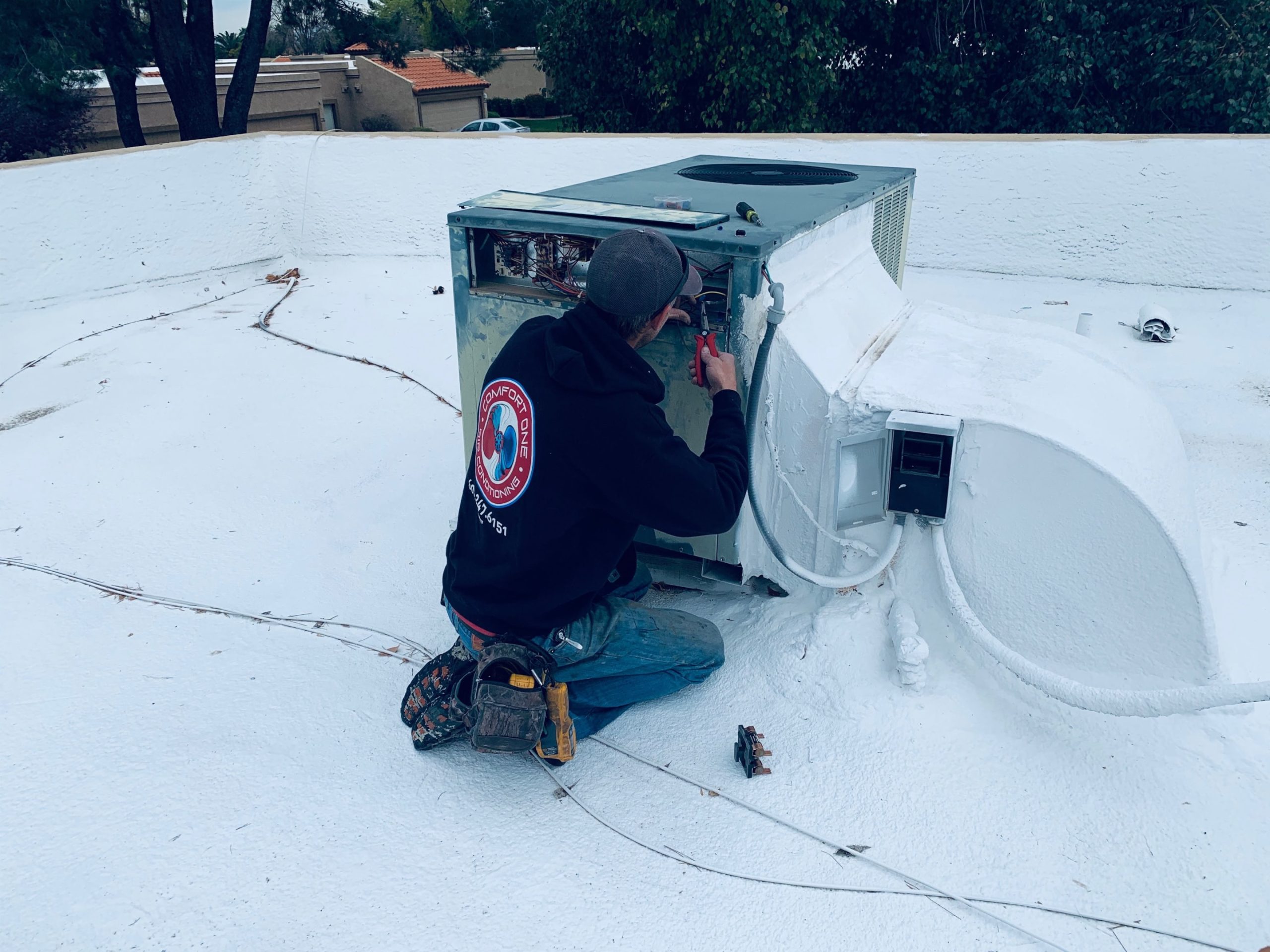
Understanding the causes of AC compressor failure can help prevent these issues. A worn or broken drive belt can also lead to compressor failure by preventing it from operating properly. Common causes include low refrigerant levels, electrical issues, and lack of maintenance.
Let’s explore these in detail.
Low Refrigerant Levels and Leaks
One common issue is low refrigerant due to microscopic leaks, leading to insufficient cooling. Low refrigerant levels impact compressor performance, potentially causing overheating and eventual failure.
Repairing the source of the refrigerant leak is crucial to prevent future problems and ensure the system is properly repaired.
Electrical Issues and Power Surges
Electrical issues often manifest as inconsistent performance or shutdowns, indicating compressor failure. Checking the fuse box for blown fuses can help identify electrical issues early. Thermal overload protection and circuit breakers automatically shut down the unit when overheating occurs, preventing damage.
Knowing the electrical load requirements for compressors helps maintain optimal performance and prevent electrical failures, contributing to energy efficiency.
Lack of Maintenance and Overheating
Regular maintenance ensures the longevity and efficiency of an AC compressor. Neglecting maintenance can lead to overheating and eventual failure. Routine inspections help detect issues early, keeping the compressor running efficiently and preventing catastrophic failures.
Repairing vs. Replacing an AC Compressor
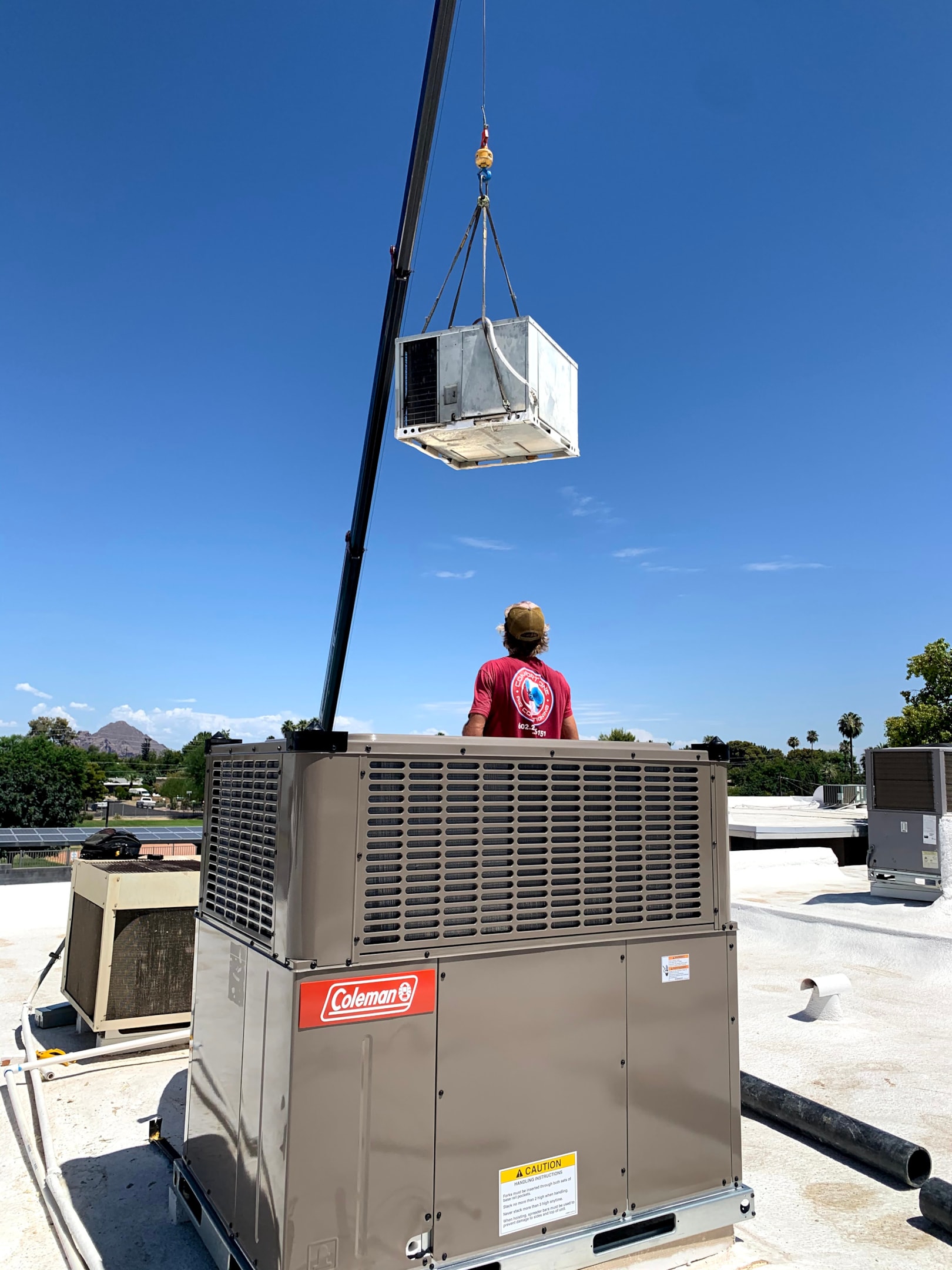
Deciding whether to repair or replace an AC compressor can be challenging, with several factors to consider, including the component of replacing the compressor. Opting for a new compressor can often be more cost-effective in the long run, especially if the existing unit is old and inefficient.
Here’s a closer look at what you need to know.
Factors to Consider When Repairing
Consider the system’s age and potential repair costs when deciding to repair an AC compressor. In some cases, a full rebuild of the compressor may be necessary to restore its functionality. Repairing a compressor over 15 years old is often not worthwhile due to part availability. If the system is less than 7 years old and repair costs are under $1,000, repair is recommended.
Labor fees and parts costs can make repairs unrealistic and impact economic feasibility. Consider age, warranty coverage, and cost-effectiveness when deciding to repair or replace an AC compressor. The typical lifespan of major components like compressors is around 15 years, influencing repair decisions.
When Replacement is the Better Option
Replacing an AC compressor is recommended when the unit is old, generally around 15-20 years, and repair costs become substantial. Replacement costs can vary significantly based on the size and type of the unit. Replacement is necessary if internal damage occurs, such as faults with pistons or bearings, or if extensive leaks arise.
Homeowners should strongly consider repair versus replacement if repair costs exceed 50% of a new unit price or if the entire system is worth replacing and over 10 years old.
Cost Comparison and Decision-Making
The average cost of professional AC compressor replacement is around $1,200. The total cost of replacing an AC compressor includes both the price of the unit and the labor costs for installation. The size of the unit, type of compressor, and installation complexity impact the cost. Labor costs for installation typically range from $75 to $150 per hour.
Homeowners should evaluate the long-term implications of repairing versus replacing a compressor. Upfront pricing guarantees help manage budgets effectively.
Preventing AC Compressor Problems
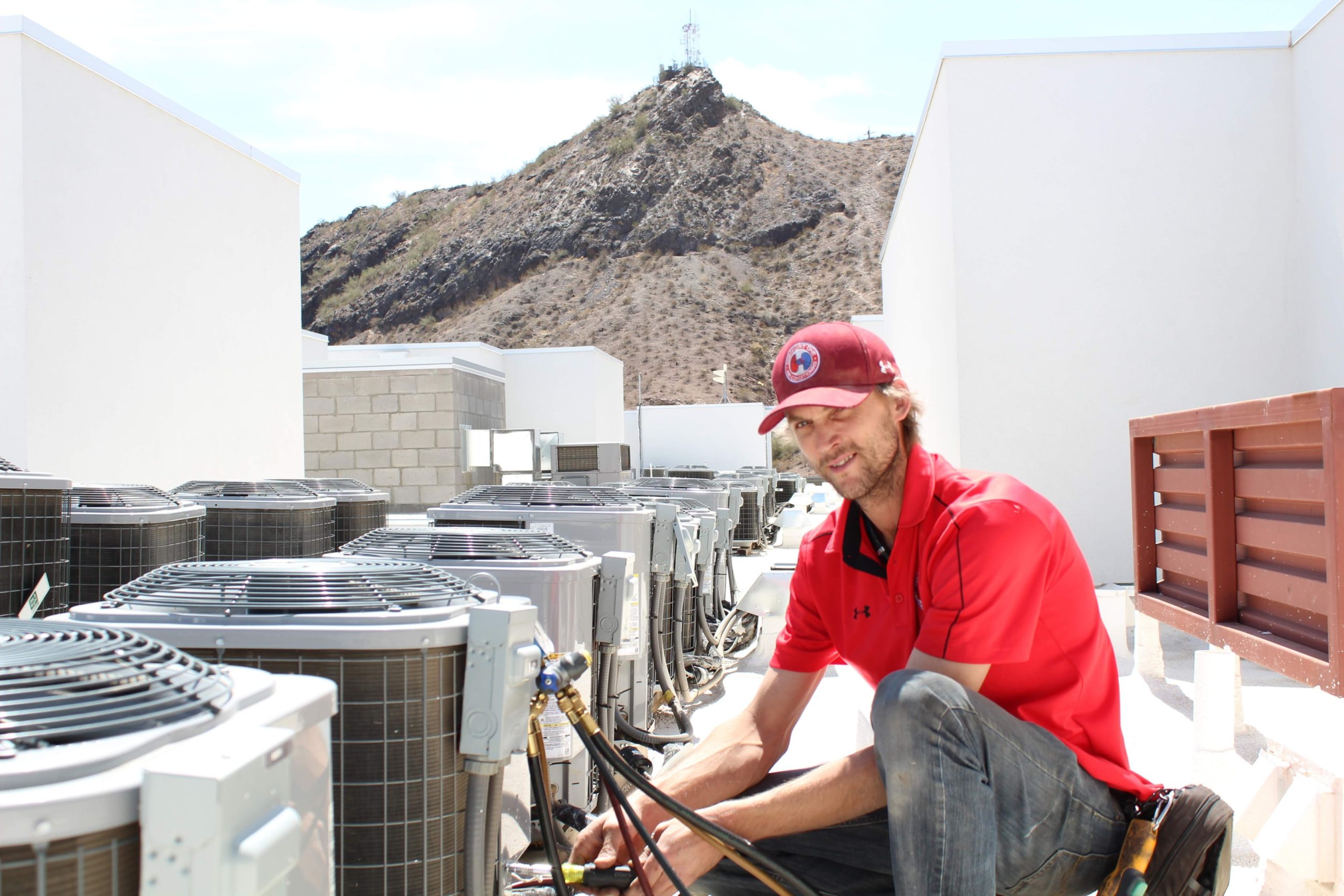
Prevention is always better than cure. Preventive steps can ensure efficient cooling and extend the lifespan of your AC system. Preventive steps can save money, time, and stress.
Here are some tips to keep your compressor in top shape.
Regular Maintenance and Inspections
Scheduled maintenance is crucial for optimizing the performance and longevity of an AC compressor and ac compressors. Hiring a licensed HVAC technician for regular maintenance can ensure your system is properly serviced and compliant with regulations. The company follows EPA-certified refrigerant handling protocols, ensuring safe and effective maintenance procedures.
Professional inspections provide expert diagnostics to prevent potential compressor issues and enhance system reliability.
Proper Refrigerant Management
Proper refrigerant charge is critical for efficient heat transfer and oil return in air conditioning systems. Proper refrigerant management can make your AC system more energy efficient and reduce operating costs. During repair, technicians use various tools for leak testing, including manifolds, hoses, gauges, suction lines, and weighing scales.
Technicians must know proper refrigerant pressures and superheat/subcooling for effective refrigerant management.
Ensuring Adequate Airflow and Ventilation
Regularly changing air filters is crucial for enhancing airflow in an AC system, as clogged filters impede performance. Ensuring adequate airflow can help maintain the cooling capacity of your AC system. Proper airflow is essential for HVAC efficiency, as inadequate circulation can reduce cooling or heating performance.
Regular inspection and maintenance of air ducts help prevent airflow issues and ensure efficient system operation while functioning properly. When air passes through the ducts, it is crucial to maintain their condition to avoid any air gap.
Professional Help for AC Compressor Problems
Sometimes, DIY efforts aren’t enough. Consulting a qualified HVAC professional is the best course of action if uncertain about repairing or replacing your AC compressor. Professional service can also help maintain your manufacturer’s warranty by ensuring proper installation and maintenance.
Here’s why professional help is essential.
Benefits of Hiring Licensed HVAC Technicians
Hiring licensed HVAC experts ensures your AC compressor issues are addressed by qualified professionals. Licensed technicians can also recommend advanced options like variable speed compressors for improved efficiency and comfort. Certified technicians possess the necessary training, expertise, and access to advanced diagnostic tools.
Certified professionals provide accurate diagnostics and effective repairs, minimizing the risk of further problems. Investing in a licensed professional mechanic enhances system efficiency and extends the longevity of your AC compressor.
What to Expect During a Service Call
A professional service call is essential for accurately diagnosing and addressing AC compressor issues. Technicians will provide a clear path forward, whether it involves repair or replacement of the compressor. Technicians perform thorough inspections to identify problems and will recommend repairs or replacements based on the compressor’s condition.
The company ensures unbiased advice by providing no commission-based recommendations.
Summary
Understanding and addressing AC compressor problems promptly can save you from costly repairs and ensure your air conditioning system operates efficiently. Regular maintenance, proper diagnostics, and knowing when to call in professionals are key to keeping your AC unit in top shape. By following these guidelines, you can enjoy a cool and comfortable home all summer long.
Frequently Asked Questions
What are the common signs of AC compressor problems?
Common signs of air conditioner compressor issues include unusual noises, warm air blowing instead of cold, and frequent cycling on and off. Addressing these symptoms promptly can help prevent further damage.
How can I diagnose AC compressor issues?
To effectively diagnose AC compressor issues, conduct a visual inspection for any visible damage, utilize manifold gauges to assess refrigerant levels, and carry out necessary electrical diagnostics. This comprehensive approach will help identify the underlying problems.
What causes AC compressor failure?
AC compressor failure is commonly caused by low refrigerant levels, electrical issues, and inadequate maintenance. Compressor failure can also lead to higher energy costs due to reduced efficiency. Addressing these factors can significantly extend the lifespan of your compressor.
Should I repair or replace my AC compressor?
If your AC compressor is old and repair costs are significant, replacement is likely the better choice for long-term efficiency and reliability. The compressor is located in the outdoor unit, which should be inspected for any signs of damage. Evaluate the overall condition of your system to make an informed decision.
How can I prevent AC compressor problems?
To prevent AC compressor problems, prioritize regular maintenance, manage refrigerant levels effectively, and ensure adequate airflow and ventilation. Taking these steps can significantly extend the life of your system and ensure any issues are promptly repaired.
Author
-

Tapani Ojalehto is a RSI-top tech with over 15 years of experience in the HVAC industry. Tapani Ojalehto is the owner and founder of Comfort One Air Conditioning LLC, a HVAC company in Scottsdale, Arizona. Tapani enjoys hockey, archery, hunting, fishing and everything outdoors. He loves quality time with his wife Jessica of 15 years and their pup Loki Bear.
View all posts


